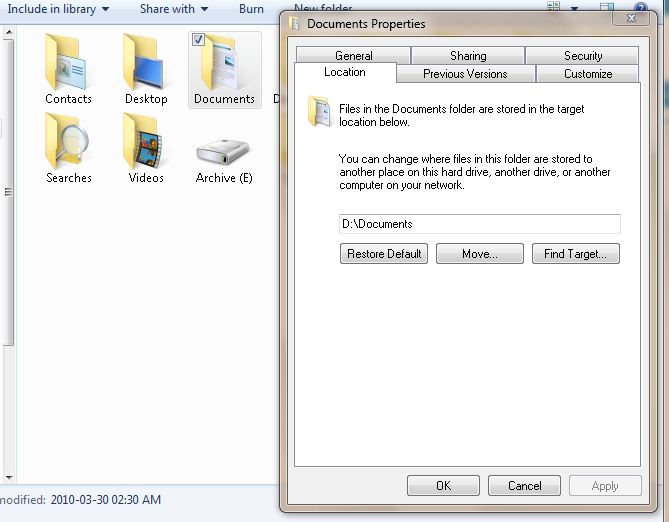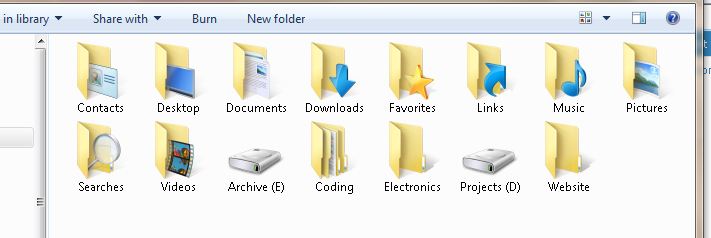New
#1
What's the point of a partition?
I bought a new DELL laptop with Win 7, I-3 Processor, 4 GB RAM and 288 GB of memory. I soon discovered that there was some stupid "partition" separating my harddrive into 2 parts. The part where the O.S. and all the programs and everything I saved to had only about 50 GB of memory on it. The other part, which just sat there doing nothing at all, had the majority of the memory, 238 GB. My question is, what the hell were they thinking when they did this? Why would there be a partition to begin with? Ok, I know the operative answer. It's to protect and backup your data in case a virus gets in. But, isn't that what data/backup disks are for? Dell pcs come with a backup Win 7 disk in case u need to reinstall, therefore it's pointless. Also, why the hell would the O.S. and all the memory be saving to the smaller half of the harddrive, while the majority of your data space is isolated and unusable? Seems like they did that totally backwards! Within the first week after I'd bought my new laptop, the speed and performance had slowed down in the extreme, because most of the 50 GB of available memory was already full. Therefore, I took it to the Geeksquad, and had them remove that stupid partition. Thus, problem solved. My harddrive space is now 288 GB, and moving with the speed that a new computer should. :)


 Quote
Quote


